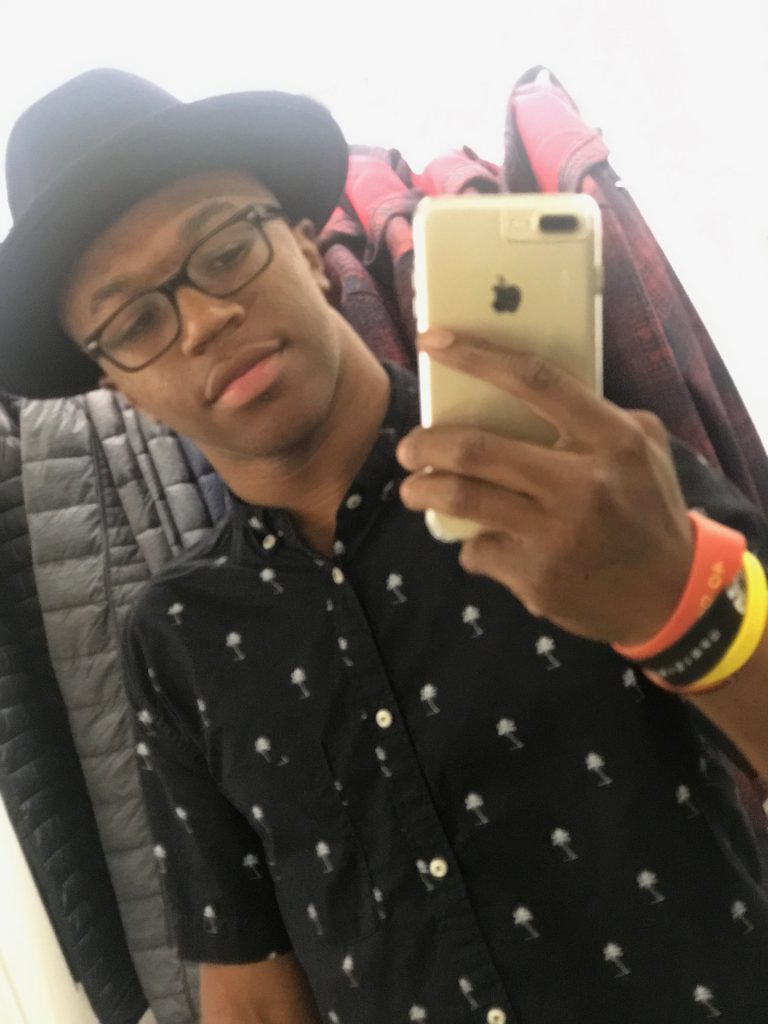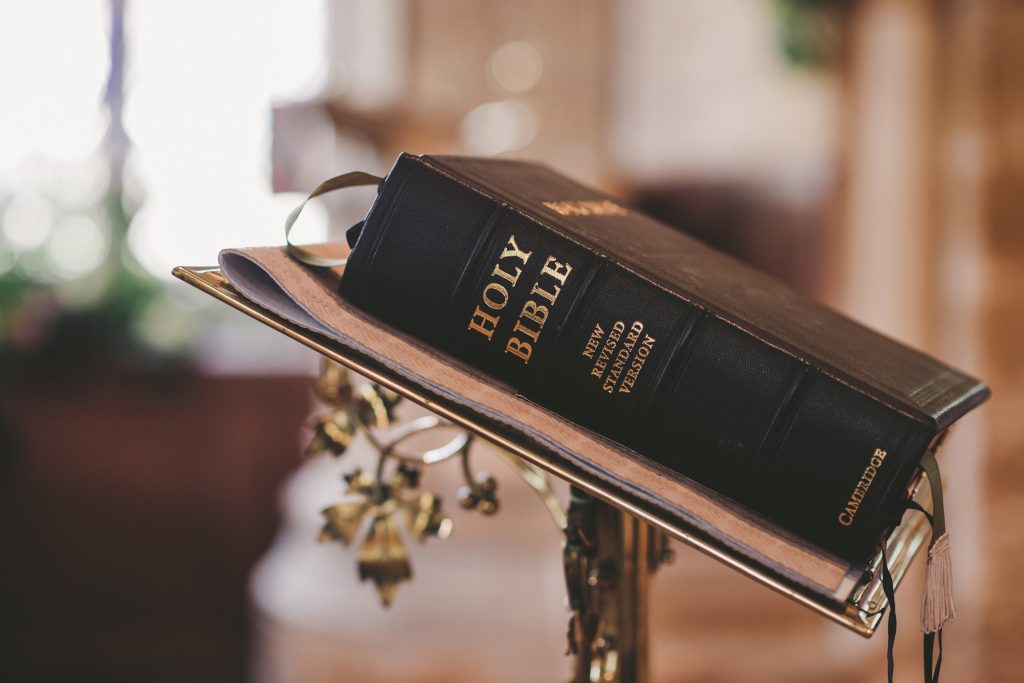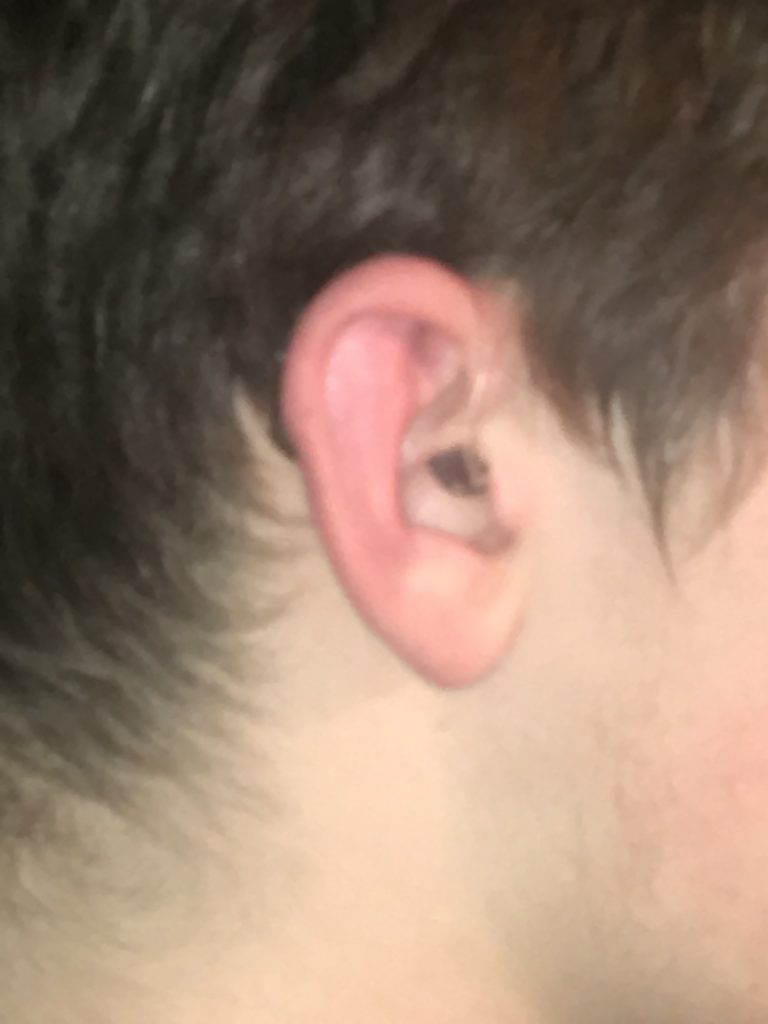Dealing, day by day we all deal with our own problems
Imagine what the world would be like if people remembered that and to
View and treat everyone how they would want to be treated themselves
Even if you don’t look like them or have the same beliefs?
Rhetorical, you would think that would be a Rhetorical question
Some might even think it is sarcasm so much that they know the right answer
In reality, people ignore what is clearly right
To taste the feeling of acceptance and fitting in
Youth and adults both guilty of this trend
Impacting generations then, and at this rate also the ones to come
Simply being yourself and things that you cannot change fuel this trend
Why does one feel the need to bring someone down?
How does one have so much hate in their heart?
At what point is enough finally enough?
Though it is not a big deal to me, does it mean it is not important at all?
Many logical questions later
And still
Knowledge, common sense grade school knowledge which must be rocket science
Evicts out of one’s mind and
Strategically and collectively out of others
Like a forest fire or tornado, hatred has the power to quickly spread and
It destroys everything in its path
Fearfully looking at the destruction it causes
Everyone or I should say most conforms to the majority instead of stopping it
So many people have to learn how to deal with the negativity and hate from
Others for just existing and it’s not okay
Unite!
Numbers, there is much strength and power in numbers
In the same way many people follow others to spread hate
Quantity can be used to spread love and fight against senseless demise
Underdog is love
Expecting it to lose but it always wins
Accountability is what change starts with you
Never know what someone else is going through
Don’t add on to one’s stress and problems
So, the next time you see arrogance against diversity
Please don’t allow it to continue, embrace diversity
Everyone is different which is great
Capture or better yet
Imagine
Aworld where
Love wins

“Diversity” is inspired by my friend ChrisSean Evans who I interviewed because we both have differences in the community being a minority and having health issues. Us both being black but him having dyspnea and myself having sickle cell disease, we could relate about the struggles of being made fun of racially, but not about our different health issues Therefore I thought it would be interesting to interview him and compare and contrast. During the interview, we discussed his dyspnea, difficult or labored breathing, and how people made fun of him. He explained when one started, more and more people would join in just for the fun of it. In my poem, I stated, “Fearfully looking at the destruction it causes everyone, or I should say most conforms.” Which reminded me of the play “Rhinoceros” and how people comply with the majority with no actual logic behind it. It’s just more comfortable and easier to be with the majority than fight and stand for what you believe in. He also told me how these events made him wish he can change himself, which really upset me. Thus I wrote the poem about diversity, and how it is a beautiful part of life that we should embrace. No one should be discriminated against because of their race, religion, disability, etc. My friend closed the interview by stressing that if someone were to learn one thing about his experiences, it’s to treat others with the same respect you would want for yourself. “Diversity” is inspired by and explains exactly his goal from the situations he has been through.










